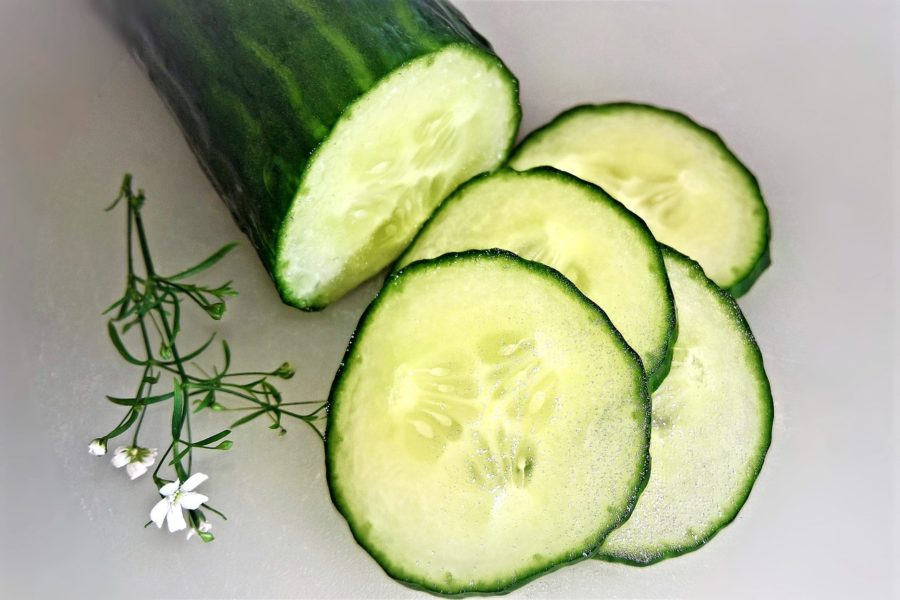Picky Eater or Genetically Repelled?
Whether cucumbers are great or disgusting is a surprisingly popular debate. Many claim that cucumbers are repugnant, bitter, slimy, and overall inedible, and have, as a result, been called picky eaters. However, the science of genetics tells us that these opinions are encoded in their genes. Specifically, the genes bi-1, which make fruit and foliage taste non-bitter, and Bt-1, which makes fruit and foliage taste bitter.
When it comes to cucumbers, the gene TAS2R38 (taste 2 receptor member 38), located on chromosome 7, is known to be responsible for their repugnance. This gene produces the protein TAS2R38, which functions as a receptor to recognize a wide variety of bitter compounds. They are a kind of bitter taste receptors, TAS2Rs, which are located in the taste cells on the tongue. Everyone inherits two copies of this gene, the alleles PAV and AVI, which encode bitter-tasting proteins on the taste receptors.
Those with the variant PAV encoded in their genes can be around 100-1000 times more sensitive to bitterness than those who don’t. PAV is a dominant allele, meaning that it will always be expressed when present. AVI is a recessive allele, meaning that it can be masked by a dominant allele and will only be expressed when two copies are present. Therefore it can be assumed that there will be a large number of “tasters” compared to “non-tasters”.
Several combinations of these alleles yield different results. Those who inherit two copies of the AVI allele do not taste bitterness from certain foods, and those with one copy of AVI and with one copy of the PAV allele will sense some bitterness. With two copies of PAV, one can taste bitterness in specific foods and are much more sensitive than others. People with two copies of the PAV allele feel a bitter taste from cucumbers.
But what makes cucumbers bitter in the first place? Fruits and vegetables in the cucurbitaceae family such as cucumbers, watermelons, and melons, have a bitter steroid, cucurbitacin, which acts as a shield against bugs or herbivores. The bitterness decreases as the fruit ripens, but people with two copies of PAV can still taste it, making it more likely that cucumber-haters will be people with PAV encoded in their chromosomes. If one has extremely developed PAV, they will be able to taste excessive bitterness not only from cucumbers but also certain fruits such as melons and watermelons. This can be tested through a PTC test where a PTC paper is tasted. Around 75% find the PTC paper bitter, while 25% don’t, indicating the approximate ratio of “tasters” and “non-tasters”.
Although many hate cucumbers for reasons other than bitterness, our DNA gives so-called “picky eaters” more leeway in their preferences. After all, avoiding bitter foods is a human instinct.





